More than 44,000 doctors nationwide have enrolled in the federally funded Vaccines for Children (VFC) Program — the goal of which is to make vaccines accessible to children at no cost. This is made possible by the fact that the Centers for Disease Control and Prevention (CDC) buys vaccines at a discounted rate and distributes them to state health departments and other public agencies who can give them to VFC providers free of charge.
There are clear incentives behind enrolling in the VFC Program, which helps explain the 44,000+ VFC providers. While reducing their out-of-pocket costs to obtain the vaccines, VFC providers can enhance their services and quality of care, specifically for parents and caregivers who would not otherwise be able to afford vaccines for their children.
Alongside the benefits of being a VFC provider are also VFC Program requirements that must be met. One of these requirements is continuous temperature monitoring of the vaccines.
The CDC’s Temperature Monitoring VFC Program Requirement
As of January 1, 2018, the CDC requires all VFC providers to continuously monitor the temperature of these publicly funded vaccines with devices called digital data loggers. This continuous monitoring is required while the vaccines are in storage, during their transport and in mass vaccination clinics.
In the CDC’s own words: “An accurate temperature history that reflects actual vaccine temperatures is critical for protecting your vaccines. Investing in a reliable device is less expensive than replacing vaccines wasted.”
The Monitoring VFC Requires, the Ease of Use You Want
While continuous temperature monitoring is required of VFC providers, there are still options when it comes to the system you choose to meet this requirement. At CORIS, we’re proud to offer a system that streamlines every part of the VFC monitoring process:
- Intuitive to use: Designed with end users in mind, our web based temperature monitoring system requires little training for staff to use it in the most effective and efficient way.
- Customizable alerts: A three-tiered escalation scale lets you decide who gets alerted based on the severity of the issue, as well as how they’re alerted (email, phone, text).
- Advanced reporting capabilities: Set up automated, customizable reports to verify vaccine temperature data and compliance with regulatory requirements, with the option to automatically send them to regulators.
- Backed by great service: A team of experts on-hand to promptly address any service requests, whether it relates to the installation process, ordering new sensors, recalibrating existing sensors, or navigating emergency situations.
But don’t take our word for it; take it from Pediatric Place, a VFC provider based in Pasadena, Maryland. They had to invest in a continuous temperature monitoring system to meet VFC Program requirements. With CORIS, they found a service-oriented system they’ve been so happy with that they’ve recommended it to other local pediatric offices.
